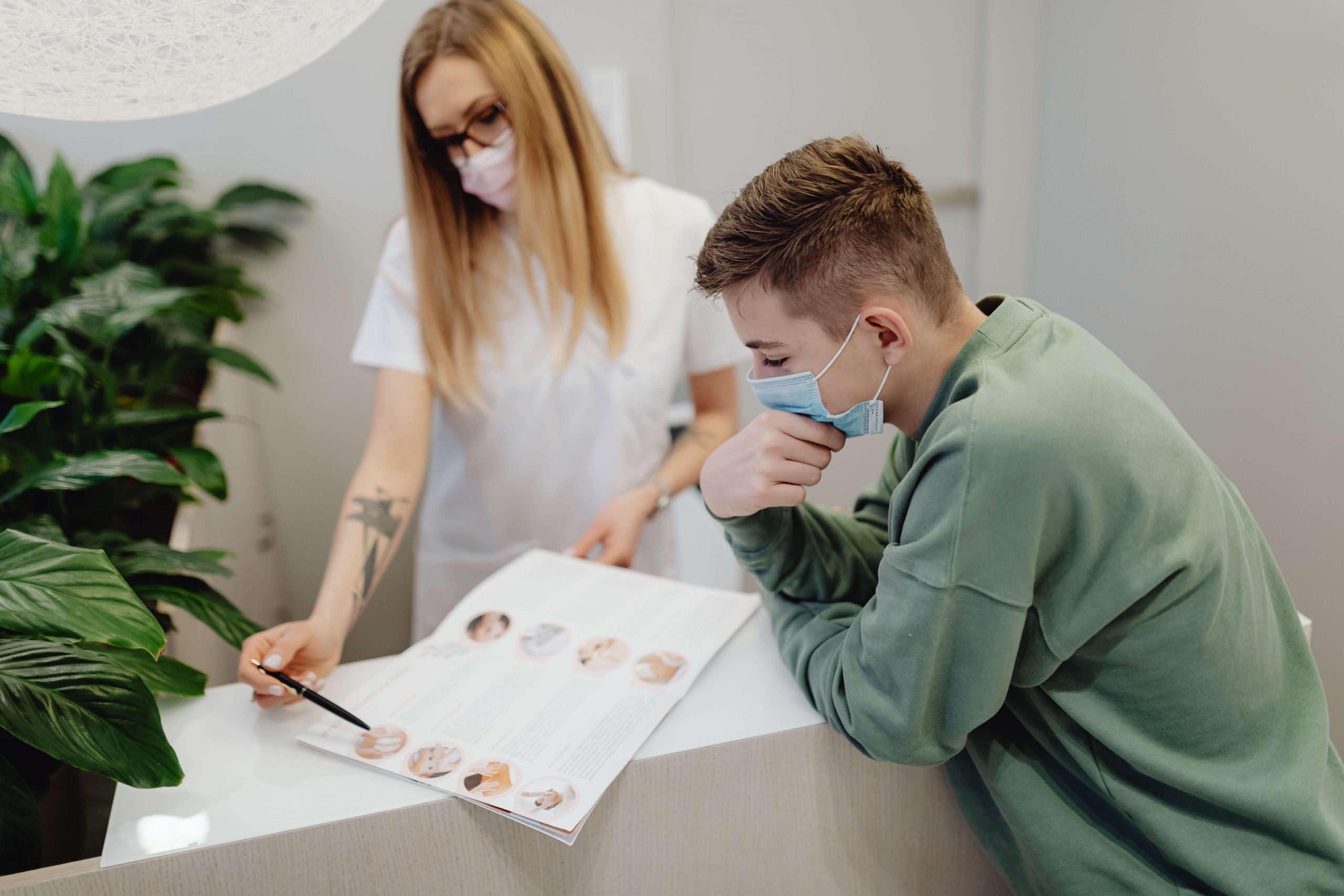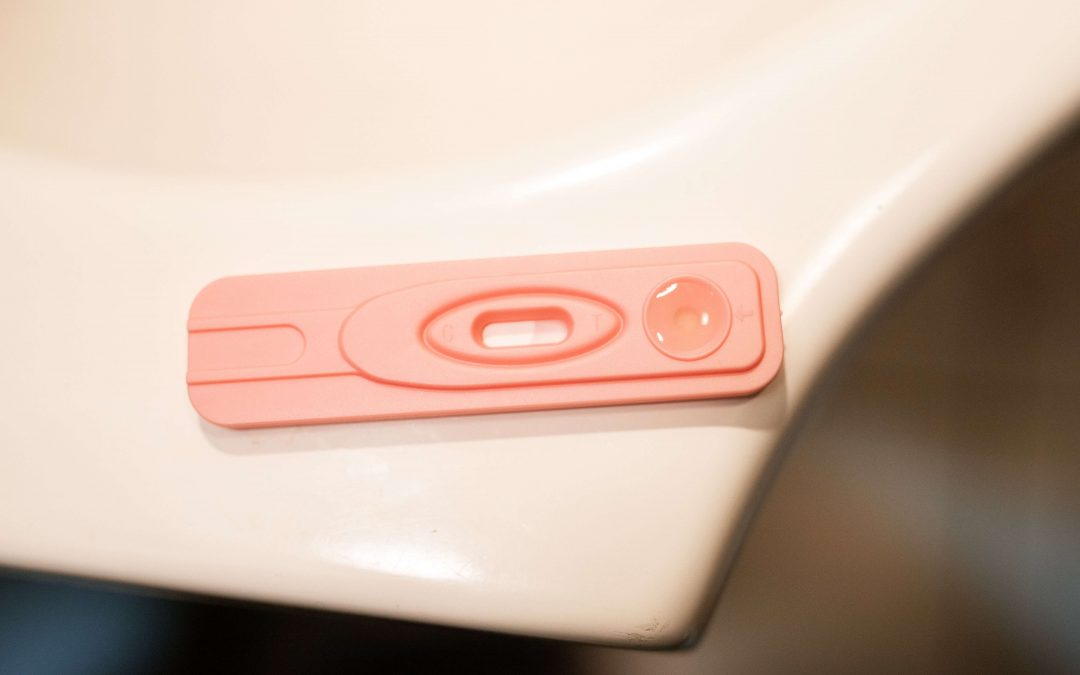 Many women are acutely aware that age is a big factor in their ability to get pregnant, but what about males? 🥚 Unlike women’s ovaries which are born with a limited supply of eggs, the testicles can continuously produce sperm. Most men produce several million sperm...
Many women are acutely aware that age is a big factor in their ability to get pregnant, but what about males? 🥚 Unlike women’s ovaries which are born with a limited supply of eggs, the testicles can continuously produce sperm. Most men produce several million sperm...
 ⏳ This is one of the most frequent but also hardest questions I get, both in the clinic and in my personal life. It’s not because it’s difficult to answer, but because it is cruel and hard to swallow. Age is one of the factors we cannot control as physicians, so we do...
⏳ This is one of the most frequent but also hardest questions I get, both in the clinic and in my personal life. It’s not because it’s difficult to answer, but because it is cruel and hard to swallow. Age is one of the factors we cannot control as physicians, so we do...
 💏 There are a lot of myths about what position is best to get pregnant. Missionary because of gravity, doggy style because of deep penetration, and many others. But do they make a difference? 🚫 There is no evidence that the position during ejaculation matters. In...
💏 There are a lot of myths about what position is best to get pregnant. Missionary because of gravity, doggy style because of deep penetration, and many others. But do they make a difference? 🚫 There is no evidence that the position during ejaculation matters. In...
 🧔🏽 30% of infertility cases are related to male factor infertility, that is, a cause of infertility related to the male partner. As fertility doctors, even though we often care for women directly, we are also trained to evaluate males. 🔬 The first step in evaluating...
🧔🏽 30% of infertility cases are related to male factor infertility, that is, a cause of infertility related to the male partner. As fertility doctors, even though we often care for women directly, we are also trained to evaluate males. 🔬 The first step in evaluating...
 This is one of the most common questions I get in the office and I get why: It’s confusing! By convention, we start counting from your last menstrual period (LMP). 👨🏼⚕️For most women, your due date (also known as EDD: estimated due date or EDC: estimated date of...
This is one of the most common questions I get in the office and I get why: It’s confusing! By convention, we start counting from your last menstrual period (LMP). 👨🏼⚕️For most women, your due date (also known as EDD: estimated due date or EDC: estimated date of...
 This is a very common question I get from patients. For most patients, the answer is yes. 🤰🏻 In the absence of obstetric or medical complications, ACOG (the Ob/Gyn society) recommends that pregnant women observe the same general precautions for air travel as the...
This is a very common question I get from patients. For most patients, the answer is yes. 🤰🏻 In the absence of obstetric or medical complications, ACOG (the Ob/Gyn society) recommends that pregnant women observe the same general precautions for air travel as the...
 I get this question all the time from patients who are trying to conceive or pregnant. The short answer is: Yes, in moderation! 🔷 Long answer: In pregnancy, physical activity is safe and beneficial for most women, though you will find that some modification of...
I get this question all the time from patients who are trying to conceive or pregnant. The short answer is: Yes, in moderation! 🔷 Long answer: In pregnancy, physical activity is safe and beneficial for most women, though you will find that some modification of...
 👨🏼⚕️ A preconception visit is a term used to refer to a visit where a physician reviews a patient’s medical history and does an exam with the goal of optimizing a woman’s health and chances of a good pregnancy outcome. 👩🏽⚕️ Most doctors use this visit to help...
👨🏼⚕️ A preconception visit is a term used to refer to a visit where a physician reviews a patient’s medical history and does an exam with the goal of optimizing a woman’s health and chances of a good pregnancy outcome. 👩🏽⚕️ Most doctors use this visit to help...
 🔵Ovulation predictor kits are commercially available at-home tests that can detect your LH (luteinizing hormone) surge, which happens about 36 hours prior to ovulation. 🔵The kits work by measuring your urine concentration of LH, which can be detected about 12 hours...
🔵Ovulation predictor kits are commercially available at-home tests that can detect your LH (luteinizing hormone) surge, which happens about 36 hours prior to ovulation. 🔵The kits work by measuring your urine concentration of LH, which can be detected about 12 hours...
 Many think that infertility is rare and only happens to older women, but infertility can affect ANYONE! 🔵1 out of 8 couples will have difficulty getting or staying pregnant. 🔵This number may seem high, likely because there are a lot of stigmas associated with the...
Many think that infertility is rare and only happens to older women, but infertility can affect ANYONE! 🔵1 out of 8 couples will have difficulty getting or staying pregnant. 🔵This number may seem high, likely because there are a lot of stigmas associated with the...










